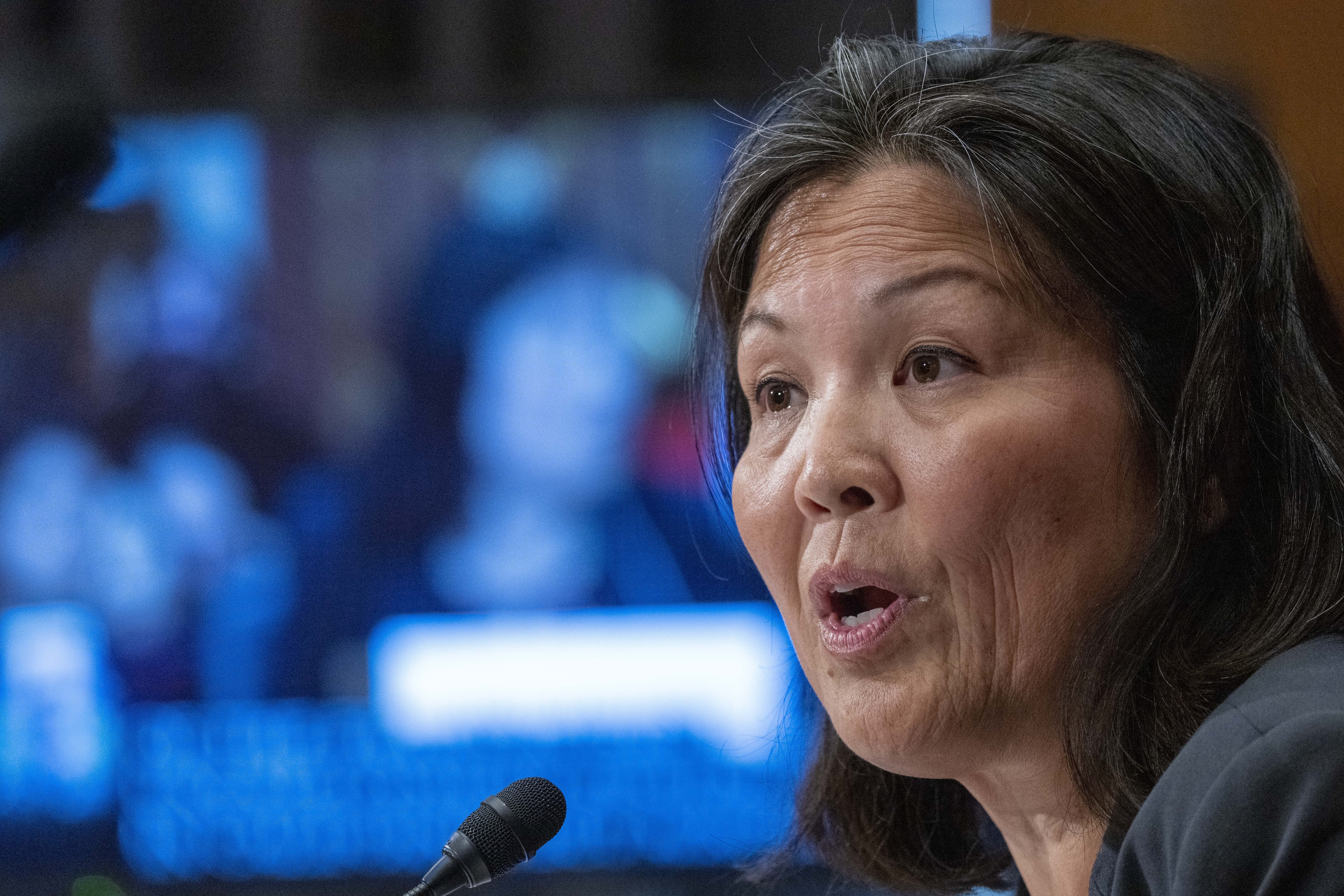[ad_1]

“Any action taken to finalize the proposed worker classification regulation under Ms. Su’s current leadership as Acting Secretary would circumvent the Senate’s constitutional role of providing advice and consent on nominees,” Flex CEO Kristin Sharp said in the letter addressed to President Joe Biden. It mirrored language others have used to forecast legal challenges to Su’s regulations. “The Department should not finalize its worker classification proposal before having a permanent Secretary.”
Though it is publicly encouraging senators to support the nomination, the Biden administration has determined that Su doesn’t currently have enough votes to be confirmed in the Senate. The president plans to keep her in the role as acting secretary.
The administration argues Su has legal authority to issue regs under Labor Department rules that say the deputy secretary — the job Su was confirmed by the Senate to fill in mid 2021 — requires her to assume the role of acting secretary in the absence of the secretary. She is not subject to the same time limits on her confirmation as many other Cabinet-level nominees. Privately, some White House officials have scoffed at the idea that Republicans would support department regs if only the secretary were confirmed, noting their opposition to those regulations even when a secretary is in place.
The proposed rule at the center of the dispute governs how “gig” workers — such as Uber drivers — are classified. The department’s measure would make it harder for companies to classify them as independent contractors instead of employees eligible for more protections and benefits.
Opponents have labeled the proposal as similar to California’s AB5 law, which business groups have opposed. Su has said the state and federal policies differ and has told a Senate panel that the federal government has not been authorized by Congress to go as far as AB5.
California’s AB5 classifies workers as employees by default unless the company proves the employee has cleared each of a stringent, three-part test, such as independence from the company and performing work that is different from the company’s usual business. Su told Congress the federal policy would not be able to do the same.
Flex argues that the lack of support “stems in large part from her refusal to articulate plans” to how she would write the rule and avoid “the economic turmoil California experienced.”
House Republicans have included a rider to the labor appropriations bill that would bar the Labor Department from moving forward with any changes to gig worker classification, though such language will likely face opposition from Senate Democrats and worker advocacy groups.
Nick Niedzwiadek contributed to this report.
[ad_2]
Source link
